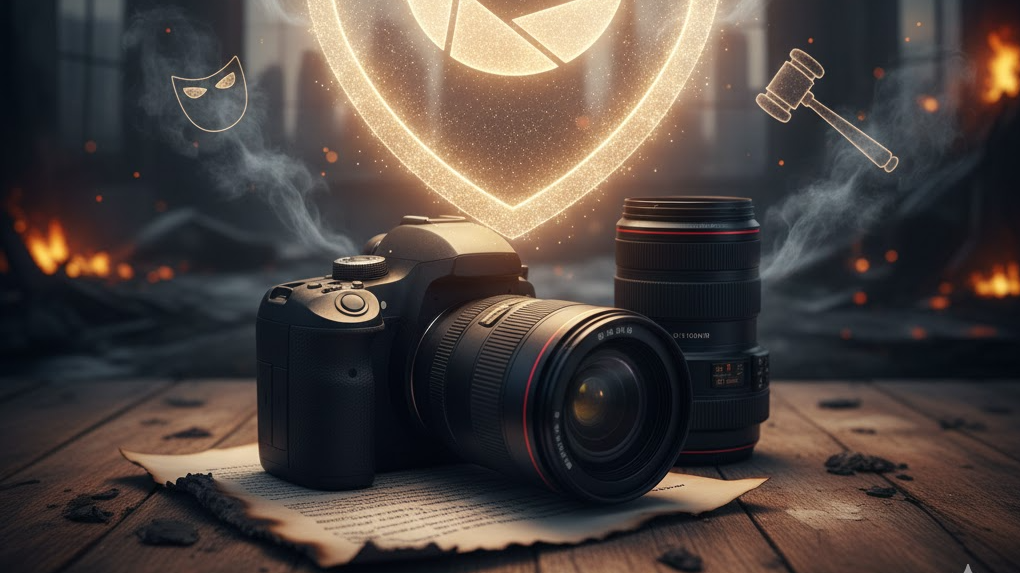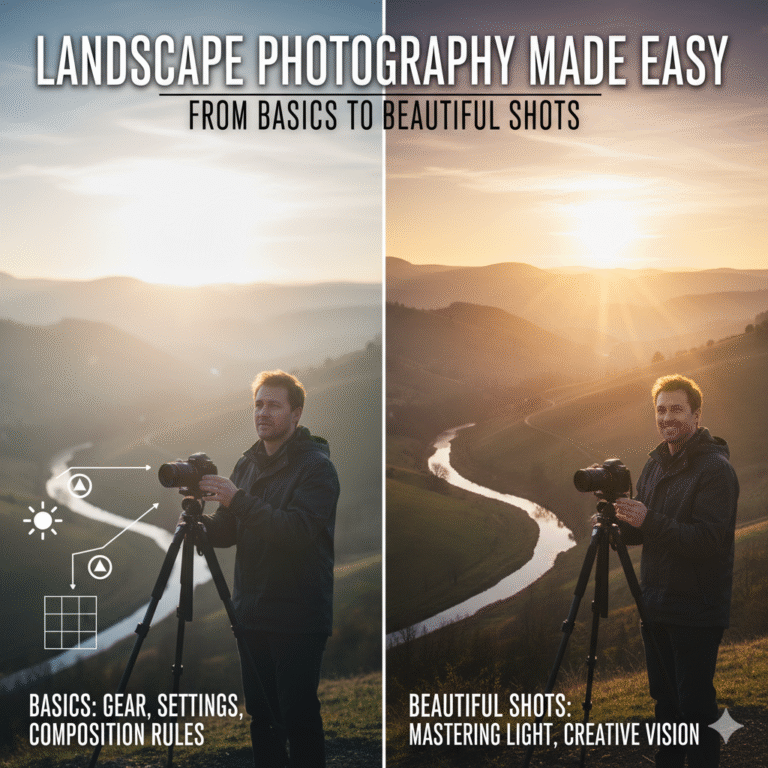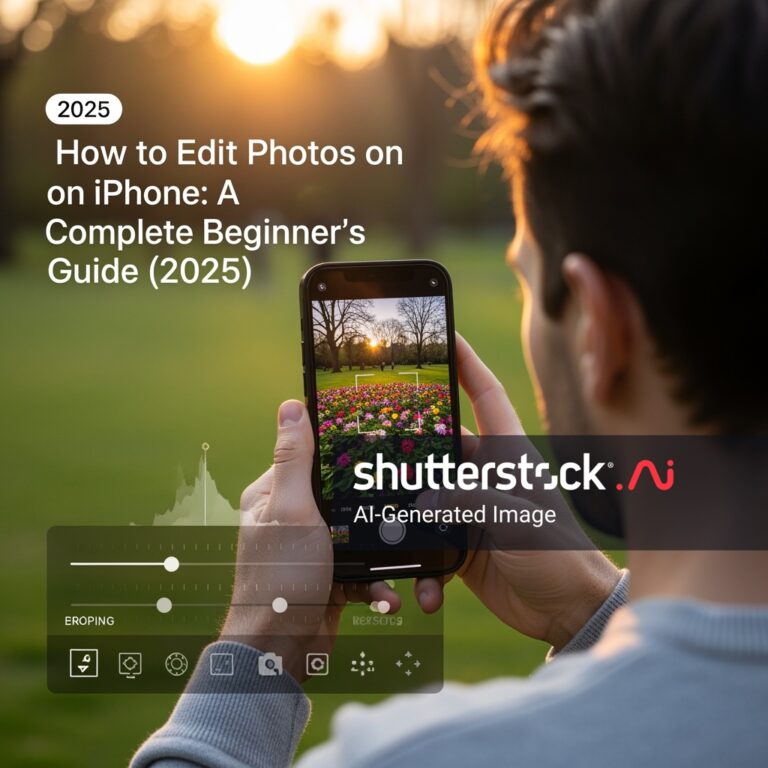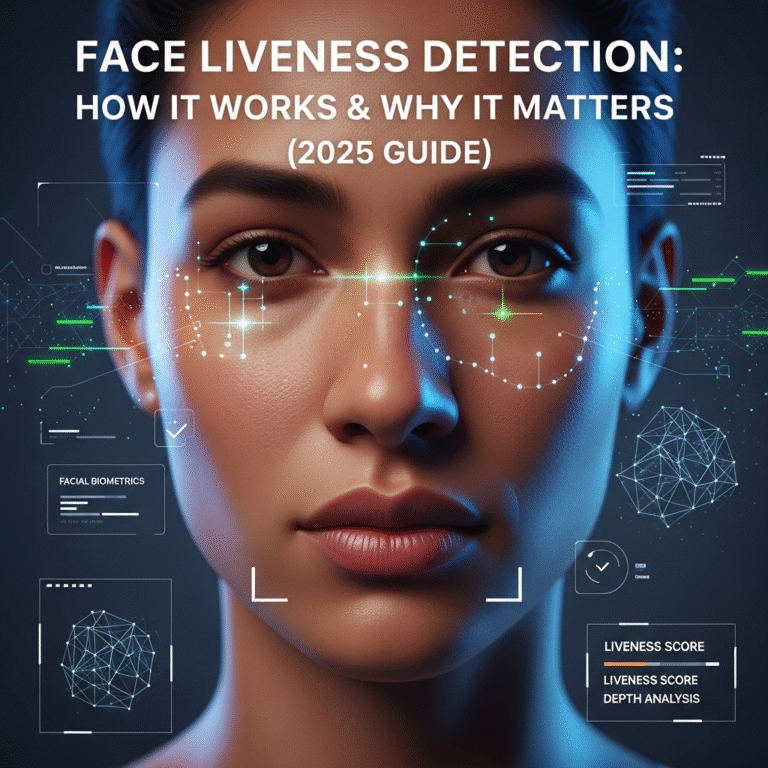Although photography is a creative and rewarding career, there are risks involved. Your equipment, reputation, and revenue are constantly at risk, regardless of whether you are photographing weddings, corporate events, portraits, travel, or advertising campaigns. Clients may express dissatisfaction, memory cards may malfunction, cameras may sustain damage, and occasionally mishaps at the shooting site may result in legal issues.
At this point, photography insurance becomes crucial. Photographers are financially protected by photography insurance, which covers professional errors, property damage, liability claims, and even equipment loss. It guarantees that a photographer won’t have to pay hefty out-of-pocket expenses for mishaps or lawsuits.
This guide will explain what photography insurance is, what it covers, why you need it, how to pick the best plan, and how to keep your photography business safe.
Photography Insurance: What Is It?
For photographers, videographers, and other visual professionals, photography insurance is a specific type of insurance policy. It offers several protections, including studio coverage, general liability, professional liability, and equipment coverage. The goal is to safeguard both your equipment and your business operations.
Expensive equipment such as cameras, lenses, lighting kits, tripods, computers, gimbals, and drones are frequently carried by photographers. Thousands of dollars can be lost in a single accident. These monetary losses can be avoided with photography insurance.
The Significance of Photography Insurance
Because they work alone or take casual photos, many photographers think they don’t need insurance. However, regardless of experience or skill, accidents happen to everyone. The following situations demonstrate the importance of photography insurance:
- At a wedding, your camera bag is taken.
- A visitor sustains injuries after tripping over your lighting stand.
- During a trip, your camera falls into the water.
- A customer demands payment after claiming that you damaged their event photos.
- The pictures are permanently lost when your memory card fails.
You would be liable for all expenses on your own without insurance. You can continue working stress-free because insurance takes care of the financial burden.

Types of Insurance Coverage for Photographers
Typically, photography insurance includes multiple coverage types. These are the most significant ones:
1. Insurance for Equipment
In the event that your drones, laptops, cameras, lenses, or accessories are stolen, lost, or damaged, this covers the cost of replacement or repair. It works whether you’re filming on location, in a studio, or at home. Additionally, it frequently covers unintentional damage, which is crucial for photographers who travel or take pictures outside.
2. Insurance for General Liability
This safeguards you in the event that someone is hurt or property is damaged while you are taking pictures. A model might sue you, for instance, if they trip over your light stand and break their arm. Legal fees and medical expenses are covered by general liability insurance.
3. Errors and Omissions in Professional Liability
This aids in the event that a client alleges that your work resulted in monetary or psychological harm. For instance, the client might request payment if the images are unintentionally erased or don’t live up to their expectations. You are shielded from financial responsibility and lawsuits by this coverage.
4. Studio or Business Property Insurance
In the event of a fire, theft, or other damage, this safeguards your studio’s furnishings, equipment, and space.
5. Optional Travel Insurance
Travel insurance helps protect your equipment overseas and covers unforeseen travel emergencies if you travel abroad for photography.
Who Requires Insurance for Photographers?
Insurance for photographers is necessary for:
- Photographers for weddings
- Photographers for events
- Photographers of portraits
- Photographers of fashion and lifestyle
- Photographers who travel
- Photographers of wildlife
- Product and commercial photographers
- Filmmakers and videographers
- Photographers using drones
- Owners of photography studios
Equipment insurance is beneficial even for hobby photographers who own costly equipment.
Advantages of Insurance for Photographers
Insurance for photographers has various benefits.
- Peace of Mind: You can stop worrying about risks and concentrate on your creativity.
- Professional Credibility: A lot of customers and event locations demand insurance documentation.
- Financial Protection: Avoids unforeseen costs for repairs or legal fees.
- Business Continuity: You can promptly replace any damaged equipment and carry on with your work.
Insurance serves as a safety net for your finances, safeguarding both your reputation and your equipment.
How to Pick the Best Insurance for Photographers
The following advice will help you choose a photography insurance plan that best suits your requirements:
- Assess the Value of Your Equipment: List all of your equipment along with the current cost of replacement.
- Determine Your Work Type: Compared to studio photographers, wedding and event photographers need more liability protection.
- Verify the policy limits and deductibles to make sure the coverage amount corresponds to the equipment’s worth.
- Check for Worldwide Coverage: Verify that your policy is international if you travel.
- Select a Reputable Insurance Company: Pick a business that processes claims quickly and has positive reviews.
To find out what is covered and what is not, always carefully read the policy terms.

Advice for Safeguarding Your Photographic Equipment
Maintaining your equipment is just as vital as getting insurance. Here are some useful pointers:
- Keep your equipment in a waterproof, padded camera bag.
- To protect lenses, use lens caps and filters.
- Don’t leave equipment unattended in public areas.
- Make regular backups of your pictures.
- Maintain a written inventory of your equipment, including serial numbers.
These safety measures lower risks and facilitate the filing of insurance claims when necessary.
In conclusion
Photography is a business as well as a creative endeavour. Your camera equipment, client relationships, and professional reputation are all important assets that should be safeguarded. Insurance for photographers guarantees your financial security against mishaps, equipment malfunctions, theft, and legal troubles. Having the appropriate insurance coverage enables you to work with confidence and expand your photography business fearlessly, regardless of your level of experience.





